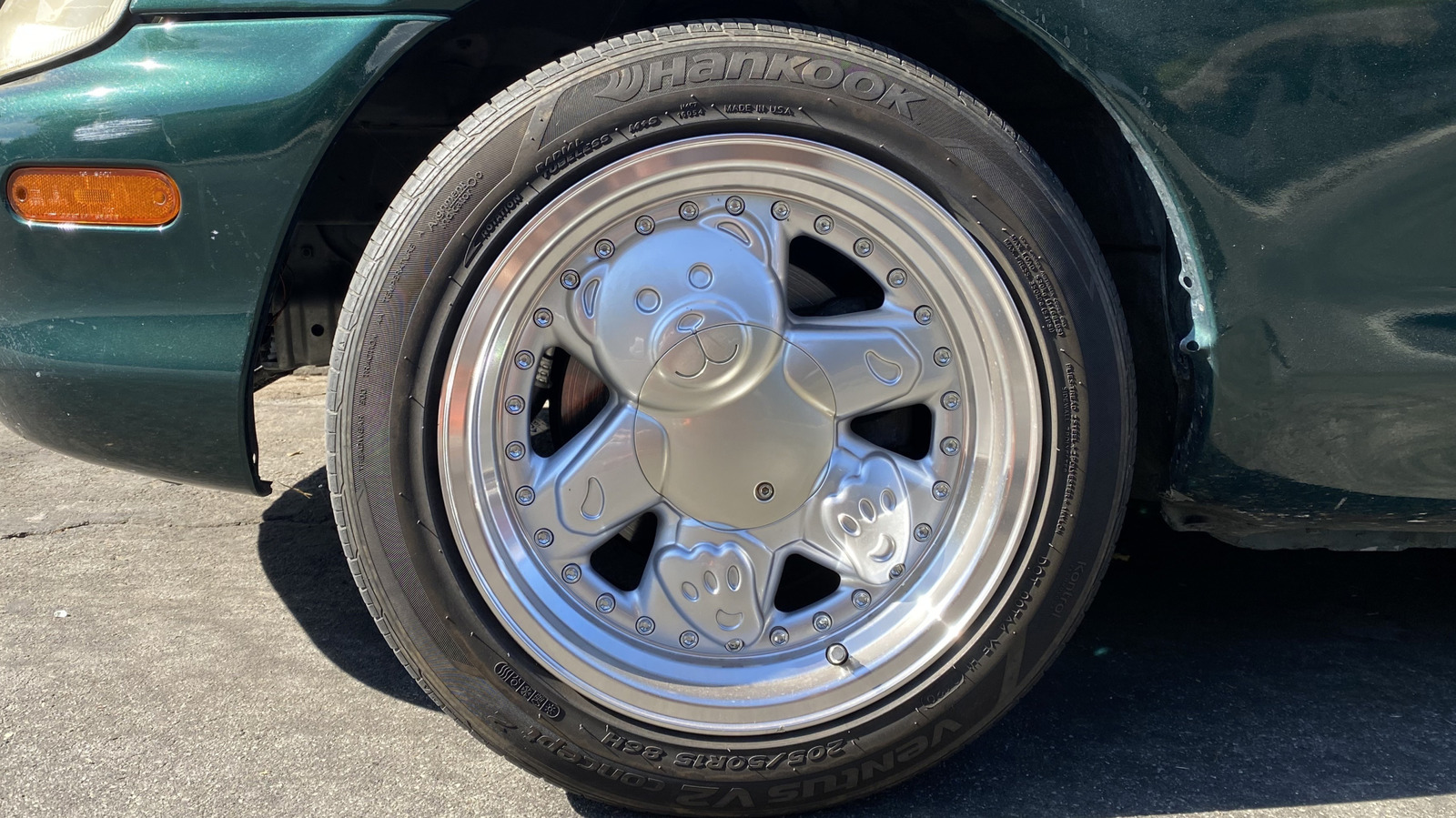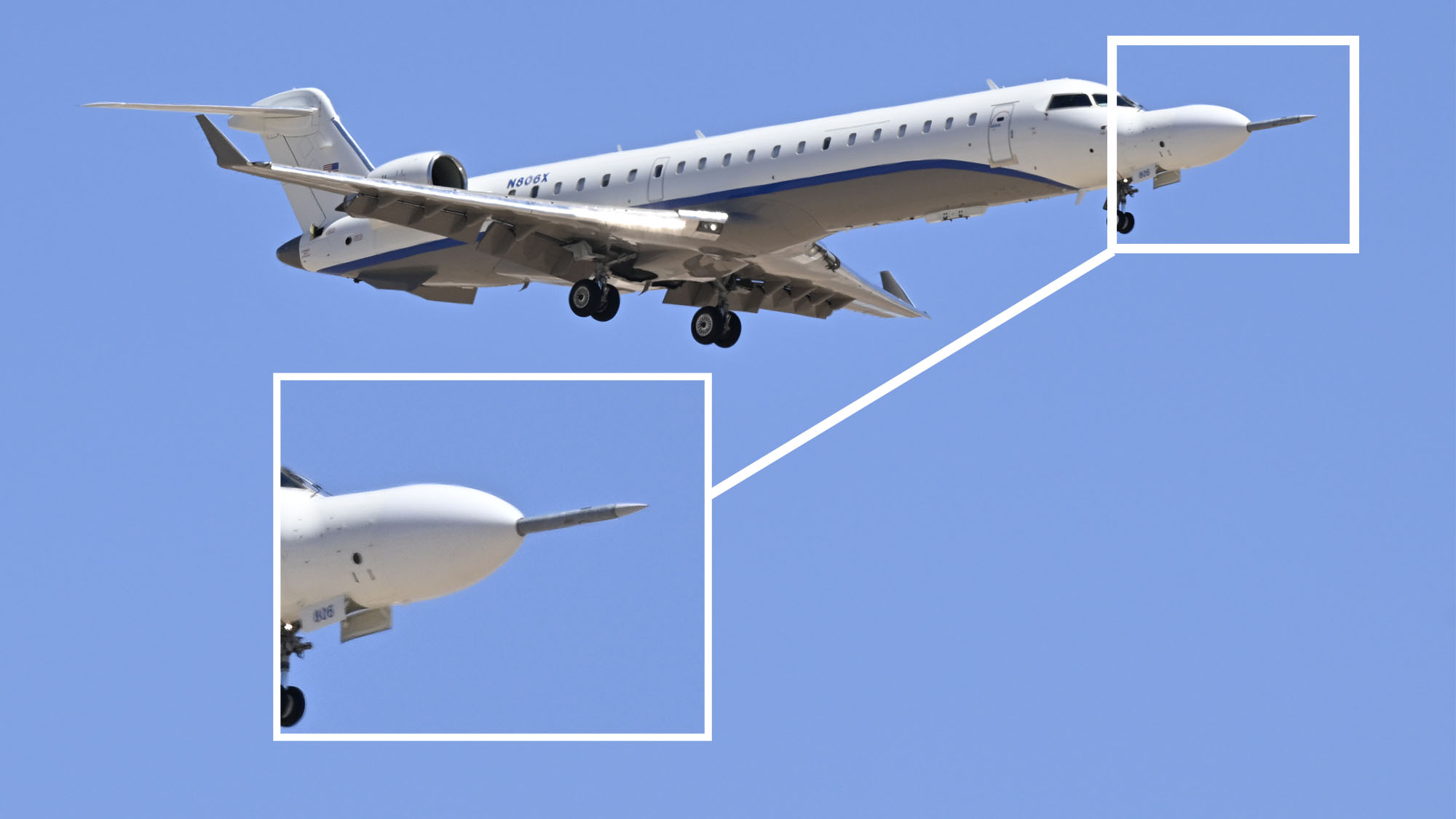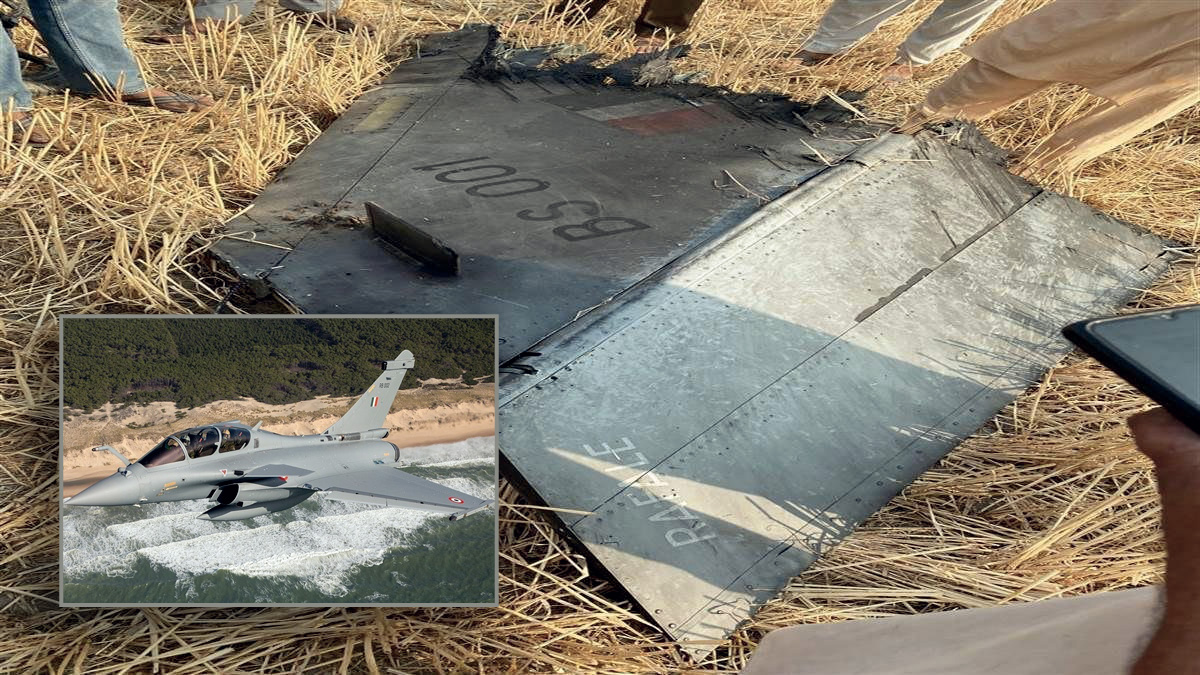Trucking groups clash over logging driver work hours
The U.S. Department of Transportation is getting conflicting advice from trucking’s biggest lobbying groups over whether ELDs should remain a requirement for tracking driver hours. The post Trucking groups clash over logging driver work hours appeared first on FreightWaves.

WASHINGTON — Large truck carriers and small-business owner-operators are seizing an opportunity opened by the Trump administration to argue their case for keeping or repealing the electronic logging device mandate that has been in force since 2017.
In comments filed with the U.S. Department of Transportation and posted by DOT on Tuesday, the American Trucking Associations highlighted ELDs as an important means of improving compliance with the underlying driver hours-of-service regulations.
“Since the initial December 18, 2017, ELD implementation date, HOS violations such as a driver exceeding allowable driving time have subsequently dropped by more than 50 percent, a clear indication that electronic logging has improved regulatory adherence across the industry,” ATA told DOT, which has been seeking advice from the public on deregulating freight transportation.
ATA, which urged DOT to reject efforts to repeal or weaken the ELD rule based on what it considers misinformation, pointed to arguments made by some who oppose the rule and who ATA says mischaracterize ELD technology.
“Some opponents falsely claim that ELDs make highways less safe by forcing drivers to operate when tired – misattributing the constraints of the HOS regulations themselves to the ELDs used to enforce them,” ATA stated.
“ELDs have simply replaced the traditional ‘paper log’ with an electronic, automatic recordkeeping of a driver’s duty status based on electronic data from the vehicle’s engine and GPS location data.”
ATA added that the ELD mandate does not keep a driver from resting when rest is needed.
“It simply provides an objective and verifiable record of when driving is permitted under federal regulations. Thus, the question of whether deregulation is in order should not be related to the ELD mandate’s validity and effectiveness, but rather, focus on efforts to allow flexibility within the existing HOS rule set, based on sound data to justify any potential changes.”
OOIDA disputes safety benefits
Owner-operators, represented by the Owner-Operator Independent Drivers Association, did not dispute whether HOS compliance has improved under the ELD mandate.
However, “the rulemaking was approved based on the false premise that ELDs will reduce the risk of fatigue-related crashes,” OOIDA stated in comments to DOT. “Since the mandate’s implementation in December 2017, there has been no data suggesting that ELDs actually reduce crashes.”
What has changed, according to OOIDA, was costs for its members.
“As a result of the mandate, small businesses have been forced to bear the majority of the $1.8 billion price tag associated with the installation of these devices. For owner-operators, these costs have led to less investment in maintenance, equipment, and other critical safety upgrades.”
If there’s no appetite for repealing the mandate outright, OOIDA asked DOT to make modifications to it, such as exempting small carriers with a proven safety record from being required to purchase ELDs, and to address the issue of malfunctioning devices, which OOIDA attributes to allowing ELD manufacturers to self-certify their equipment.
“A comprehensive ELD certification process is long overdue and will provide more certainty to motor carriers when making critical and costly decisions on which devices to purchase.”
Related articles:
- House panel debates ELD certification, truck weight limits
- DOT: ‘Confounding factors’ hindering safety analysis of ELD mandate
- Can FMCSA improve ELD regulations?
- FBI warns trucking of potential ELD hackers
Click for more FreightWaves articles by John Gallagher.
The post Trucking groups clash over logging driver work hours appeared first on FreightWaves.



















































































































































